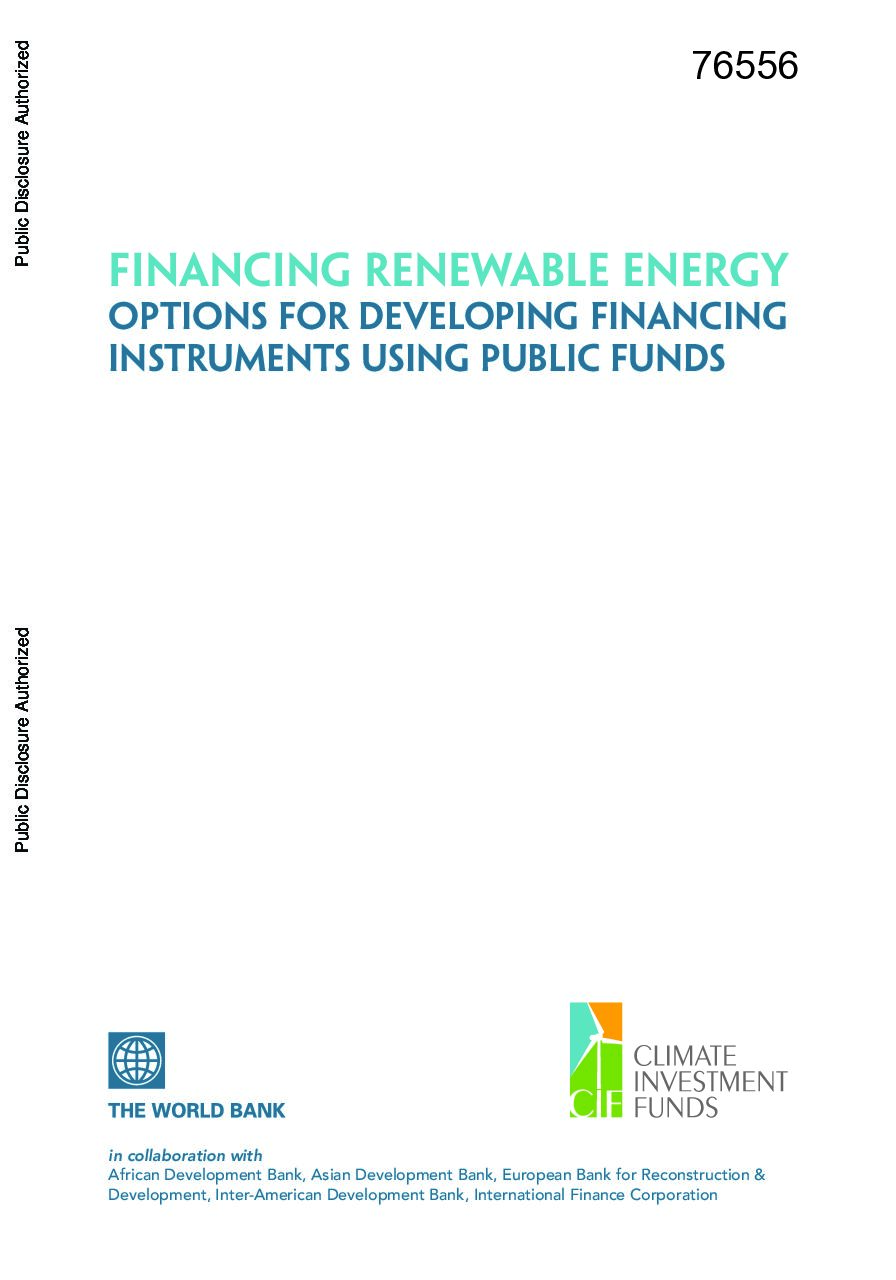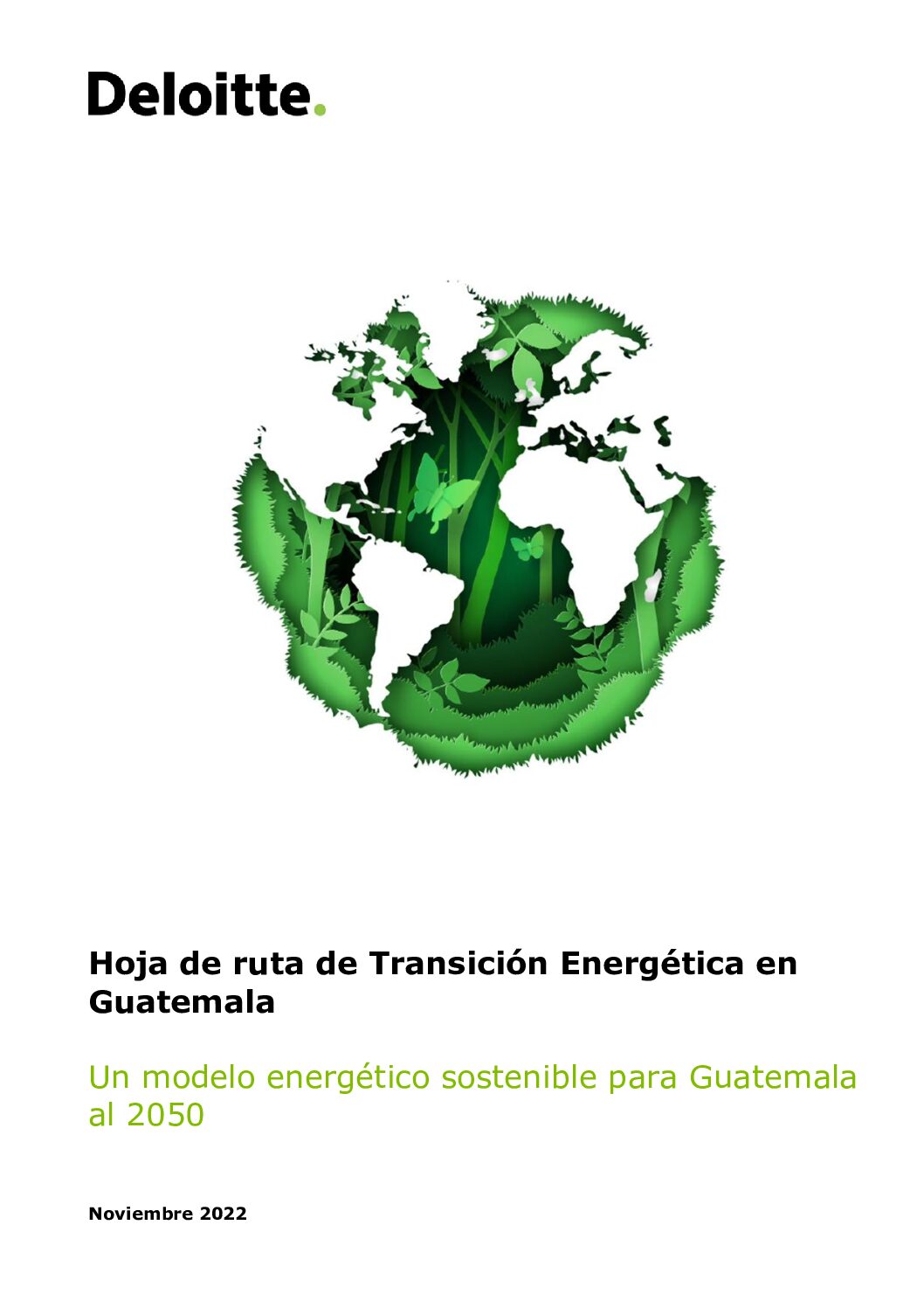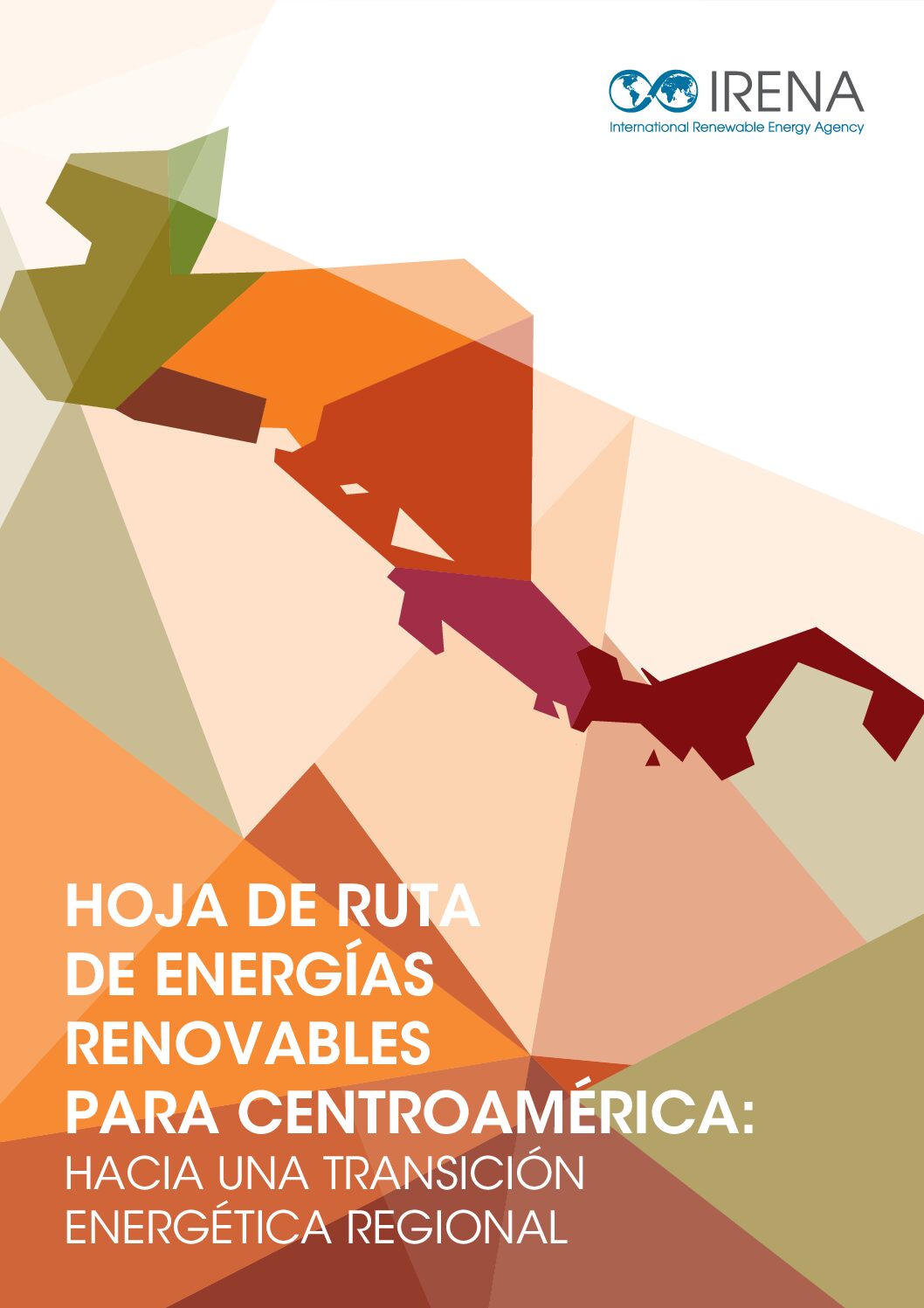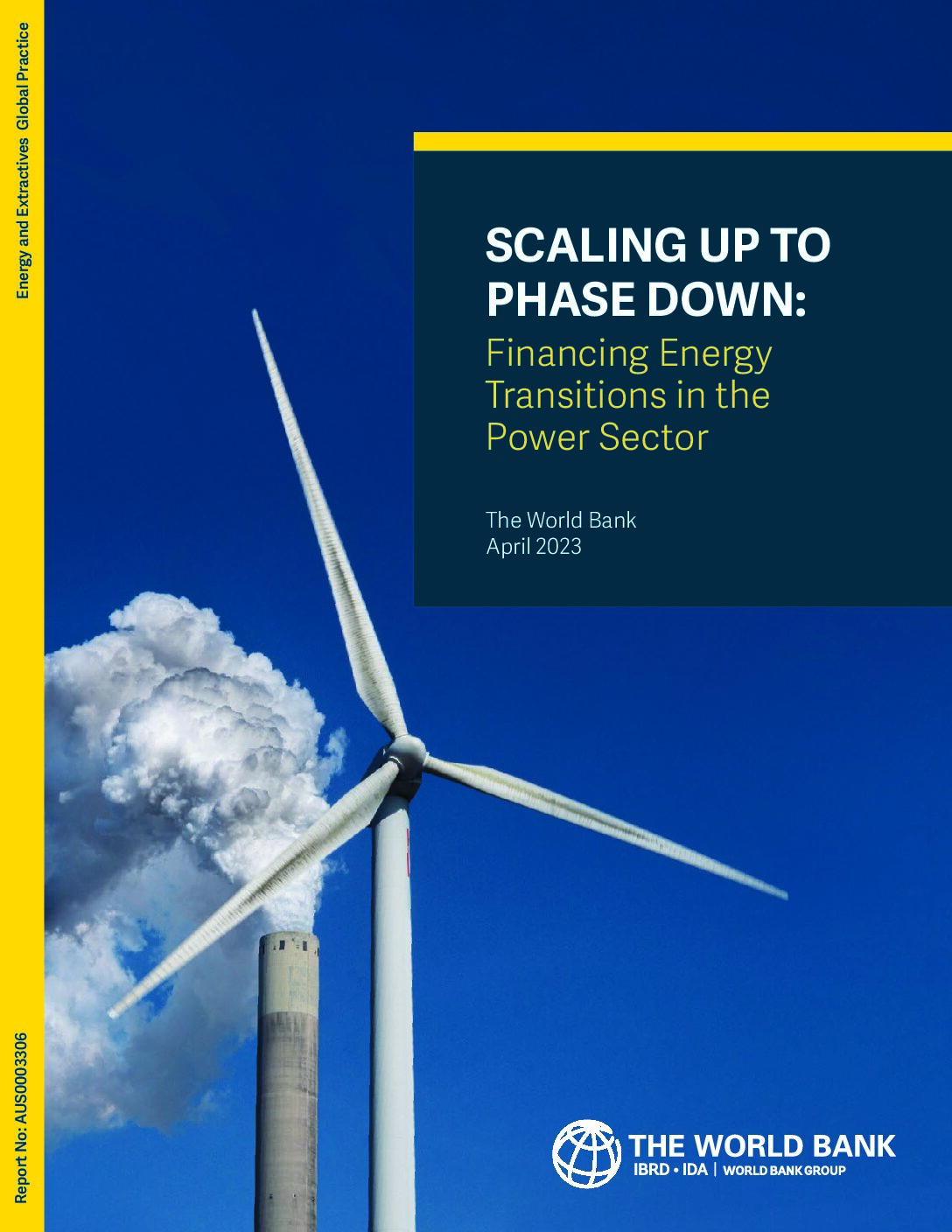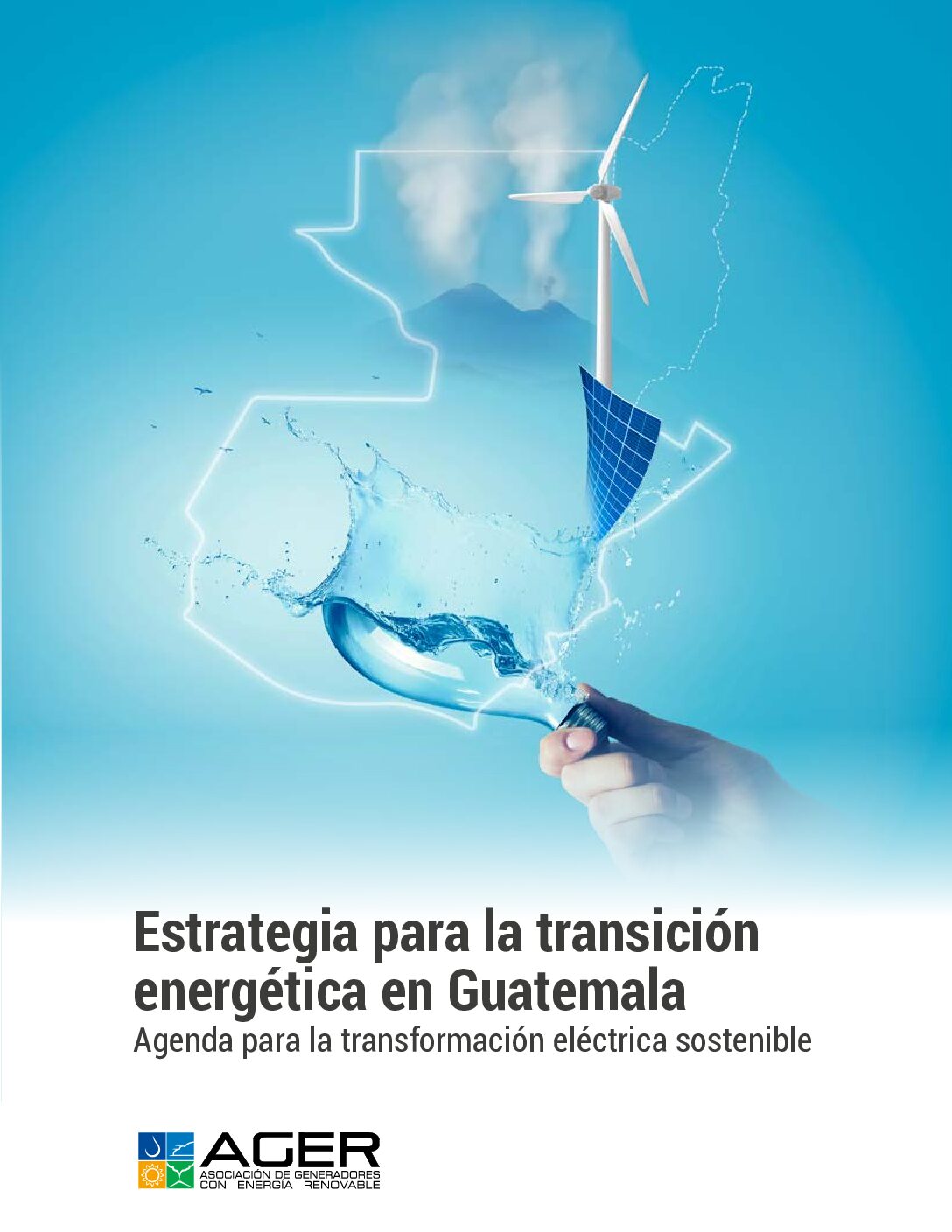This paper assists policy makers in low-income countries to develop and apply financing instruments (funded from public and concessionary sources) to scale up the deployment of renewable energy technologies.
This Guide aims to assist community and indigenous communities groups in the development of their own small-scale renewable energy projects.
This slide deck provides a quick overview of the process for the development of energy projects by indigenous groups, including tips on choosing an optimal site, ownership structures and financing structures.
This guidebook summarizes a broad range of policy and financial instruments that governments can implement to foster the development of the interconnected mini-grid market, driven by the private sector.
This report highlights the economic, social and environmental benefits that energy and transport sector-coupling and a transition towards EV- and RE-based, efficient systems can create in small island settings, and provides tools for the planning of such a transition.
This roadmap defines a scenario for a successful energy transition in Guatemala by 2050, and provides policy recommendations.
This report adopts a regional lens to the energy transition in Central America, providing baseline data and future scenarios.
This report outlines a 6-step vision to help developing countries create a virtuous cycle to raise financing and accelerate the clean energy transition.
In this report, the Association of Renewable Energy Generators (Asociación de Generadores con Energía Renovable) aims to demonstrate the political, technical and economic feasibility of achieving at least 80% renewable electricity in Guatemala.
This brief presents a case study of a company in Guatemala that has turned bioenergy generation into a successful business model, and describes how the enabling environment conributed to its success.

